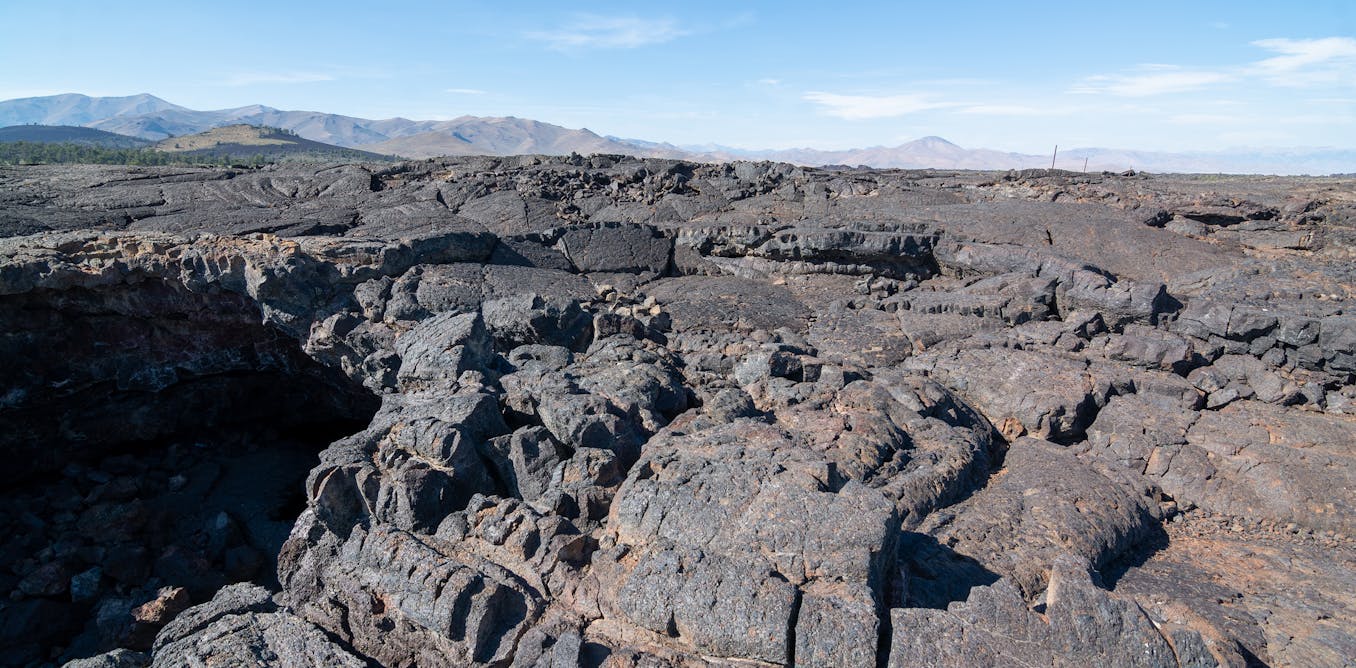How special soil observatories in China are helping to create more sustainable agriculture
Soil degradation is a huge challenge for farmers around the world. But new research is showing how farmers can balance crop yields with protecting the environment.
Sept. 3, 2021 • ~8 min










